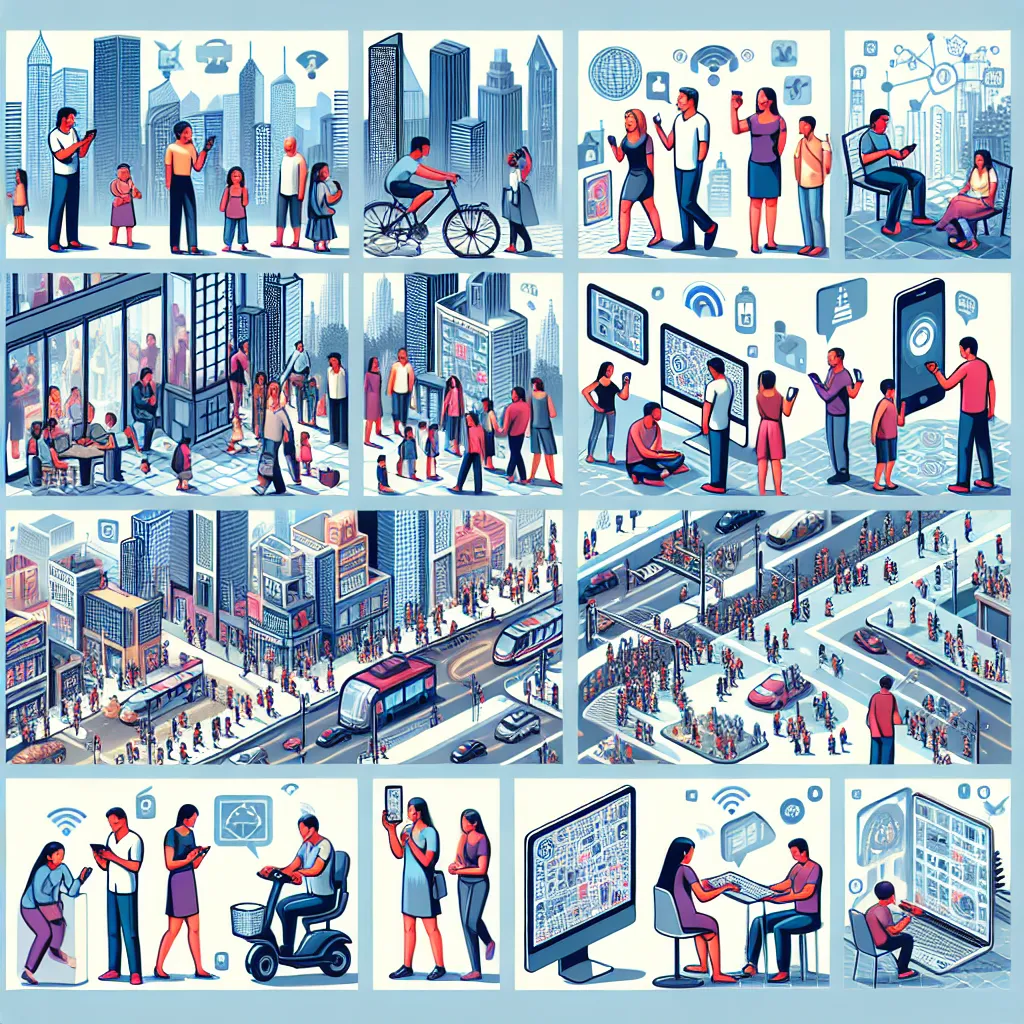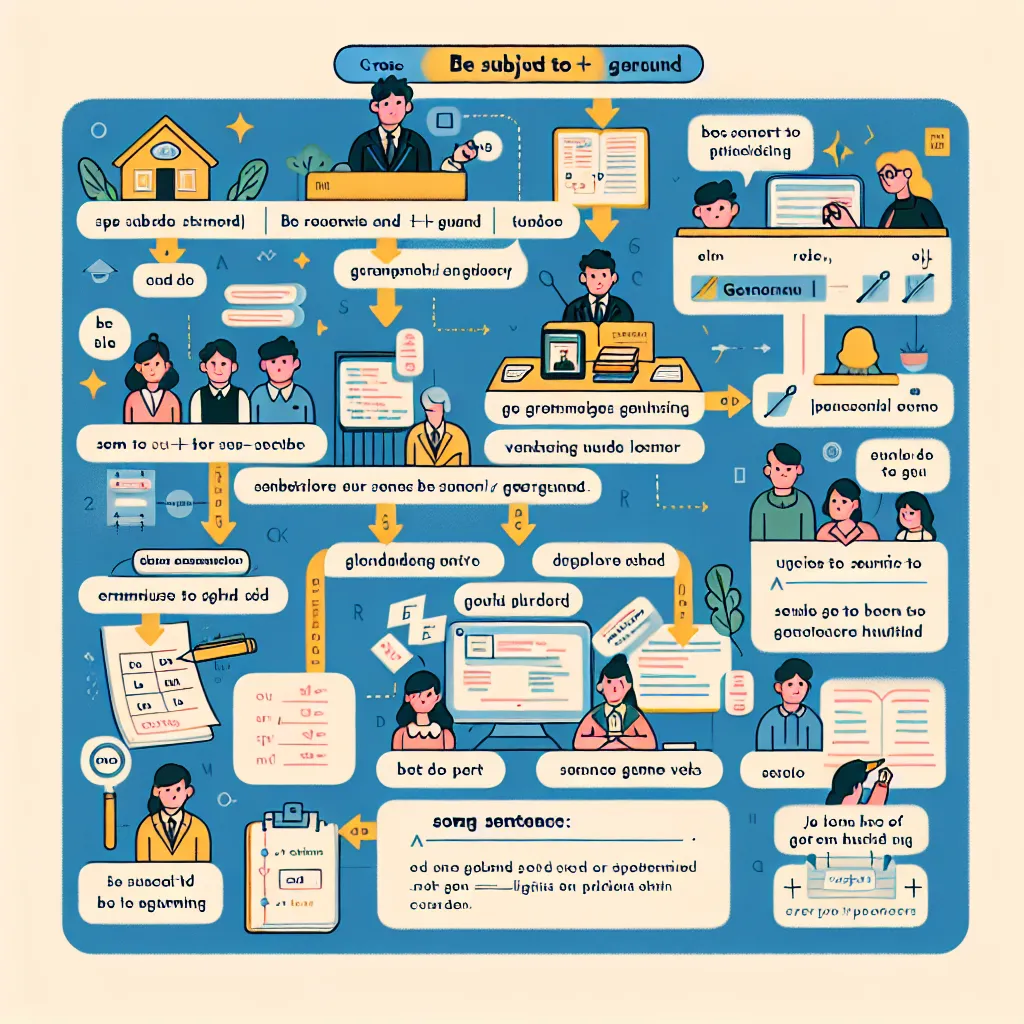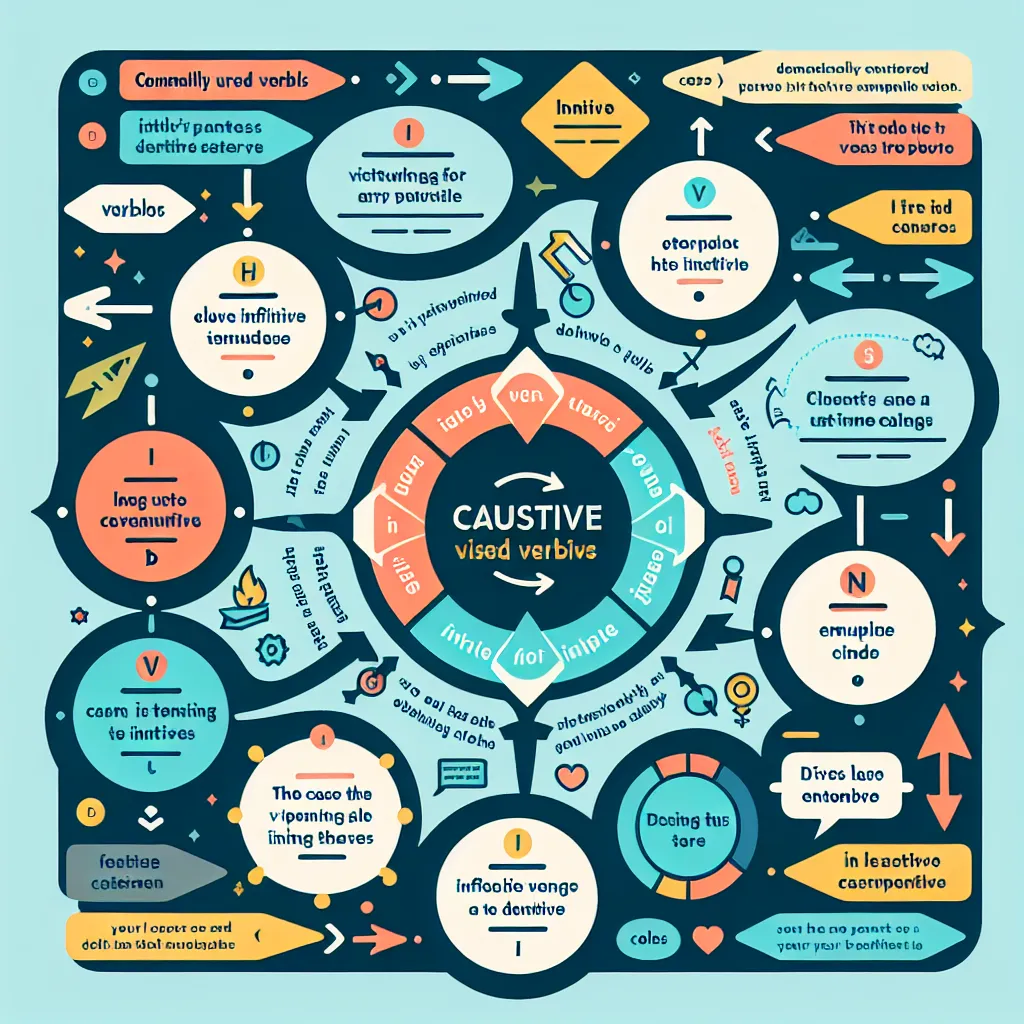The phrase “be reliant upon + noun” is a crucial grammatical structure that often appears in IELTS exams, particularly in Writing Task 2 and Speaking Part 3. Understanding and using this phrase correctly can significantly enhance your language proficiency and help you achieve a higher band score. Let’s delve into the intricacies of this structure and explore how to apply it effectively in your IELTS responses.
Nội dung bài viết
Understanding the Meaning and Usage
The phrase “be reliant upon + noun” means to depend on something or someone for support, help, or survival. It’s commonly used to express dependency relationships in various contexts, from personal situations to global issues. In IELTS, this structure is particularly useful when discussing topics related to technology, economics, environment, and social issues.
Examples:
- Many developing countries are reliant upon foreign aid for economic stability.
- Modern businesses are increasingly reliant upon digital technologies for their operations.
- Some species are entirely reliant upon specific habitats for their survival.
- Elderly individuals often become reliant upon family members for daily care.
- Remote communities may be heavily reliant upon government subsidies for essential services.
Grammatical Structure and IELTS Application
The structure “be reliant upon + noun” follows this formula:
[Subject] + [be verb] + reliant upon + [noun/noun phrase]
It’s crucial to note that “reliant” is an adjective, and “upon” is the preposition that follows it. This structure is particularly valuable in IELTS Writing Task 2 and Speaking Part 3, where you’re expected to discuss complex ideas and relationships.
IELTS Writing Task 2 Example:
Question: Some people believe that technological advancements have made societies too dependent on technology. To what extent do you agree or disagree?
Sample paragraph:
Modern societies are increasingly reliant upon technology for everyday functions. From communication to transportation, we have become heavily reliant upon digital systems to manage our daily lives. While this reliance has brought numerous benefits, it also raises concerns about our ability to function without these technologies. For instance, many businesses are now entirely reliant upon internet connectivity, making them vulnerable to cyber-attacks or network failures.
Analysis: In this paragraph, the structure is used three times to emphasize the dependency on technology, showcasing varied usage and helping to achieve a higher band score for lexical resource and grammatical range.
 Modern Society Reliant on Technology
Modern Society Reliant on Technology
IELTS Speaking Part 3 Example:
Question: How has technology changed the way people work in your country?
Sample answer:
“In my country, the workplace has become increasingly reliant upon digital technologies. Many companies are now heavily reliant upon cloud computing for data storage and collaboration. Additionally, remote work has made employees more reliant upon video conferencing tools for communication. This shift has led to increased productivity but also means that businesses are more reliant upon stable internet connections than ever before.”
Analysis: This response demonstrates the ability to use the structure multiple times with different examples, showing a good grasp of the language and topic.
Advanced Usage for Higher Band Scores
To achieve a higher band score in IELTS, it’s essential to use this structure accurately and variedly. Here are some advanced tips:
-
Use synonyms: Instead of always using “reliant upon,” consider synonyms like “dependent on,” “contingent on,” or “conditioned by” to showcase your vocabulary range.
-
Vary the intensity: Use adverbs to modify the degree of reliance, such as “heavily reliant upon,” “partially reliant upon,” or “increasingly reliant upon.”
-
Combine with other structures: For example, “The extent to which modern societies are reliant upon technology is a matter of debate.”
-
Use in complex sentences: “While developed nations are less reliant upon agricultural exports, many developing countries remain heavily reliant upon these commodities for economic stability.”
-
Apply to abstract concepts: “The success of democratic systems is reliant upon an informed and engaged citizenry.”
Common Mistakes to Avoid
When using “be reliant upon + noun,” be careful to avoid these common errors:
-
Incorrect preposition: Don’t use “on” or “to” instead of “upon.” For example, “❌ reliant on technology” is incorrect in formal writing.
-
Misusing the adjective form: “❌ reliantly upon” is incorrect. Remember, “reliant” is an adjective, not an adverb.
-
Forgetting the “be” verb: Always include a form of “to be” (is, are, was, were, etc.) before “reliant.”
-
Overuse: While it’s a useful structure, don’t overuse it in your writing or speaking. Aim for a balance with other expressions of dependency or relationship.
-
Using with inappropriate nouns: Ensure the noun following “upon” logically fits the context of reliance or dependency.
Conclusion
Mastering the use of “be reliant upon + noun” can significantly enhance your IELTS performance, particularly in Writing Task 2 and Speaking Part 3. By understanding its meaning, structure, and application, you can effectively express complex ideas about dependency and relationships across various topics. Remember to practice using this structure in different contexts and combine it with other advanced grammatical forms to showcase your language proficiency.
For further practice, consider applying this structure to topics like environmental conservation, global economic systems, or the impact of social media on society. These themes often appear in IELTS exams and provide excellent opportunities to demonstrate your command of this sophisticated grammatical structure.


